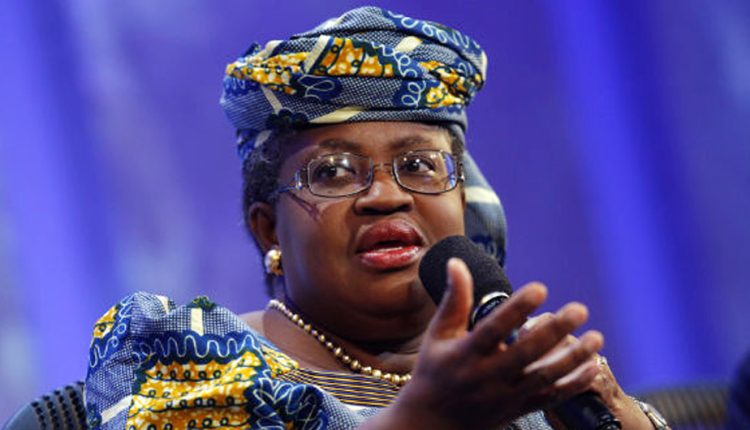WTO Observing Trump’s Tariff Actions – DG Okonjo-Iweala
According to Ngozi Okonjo-Iweala, the Director General of the World Trade Organization (WTO), the administration is keeping an eye on President Donald Trump’s tariff policy.
Trump reportedly announced a 10% tariff on all goods entering the US from all nations on Wednesday at an event he called “Liberation Day.”
“That ends now,” the US president said, claiming that other nations had exploited America’s free markets and charity for far too long.
Threats to retaliate for Trump’s proposed tariff have come from a number of nations, including China, Canada, the United Kingdom, and the European Union (EU).
WTO members were urged by Mrs. Okonjo-Iweala in a statement on Friday to control pressures in order to prevent undermining the gains earned in global trade.
“Trump’s new tariff will undoubtedly impact global trade and economic growth prospects,” the WTO DG said.
It stated: “The measures announced by the United States on April 2, 2025, are being closely monitored and examined by the WTO Secretariat.” Numerous members have contacted us, and we are proactively addressing their inquiries regarding the possible effects on their economies and the international trading system.
The new developments will have a significant impact on hopes for economic growth and global trade. Even though things are changing quickly, our preliminary estimates indicate that these actions, along with those implemented since the start of the year, may cause global merchandise trade volumes to contract by about 1% overall this year, which is a roughly four percentage point decrease from earlier forecasts. This decline and the possibility that it could escalate into a tariff war with a vicious cycle of retaliatory actions that result in even more trade declines give me great anxiety.
Read Also: Bobrisky Confirms Detainment by Immigration Authorities After Arriving in Nigeria
Despite these new regulations, it is crucial to keep in mind that the majority of international commerce still occurs under the Most-Favored-Nation (MFN) criteria set forth by the WTO. This percentage, according to our estimates, is presently at 74%, down from almost 80% at the start of the year. For these advantages to be protected, WTO members must unite.
“Significant trade diversion effects could result from trade measures of this magnitude. To avoid escalating trade tensions, I urge Members to carefully handle the challenges that result.
“The World Trade Organization was created to promote an open and stable trading environment, act as a forum for discussion, and stop trade disputes from getting worse in situations like this. I urge members to use this platform to participate positively and look for teamwork.

